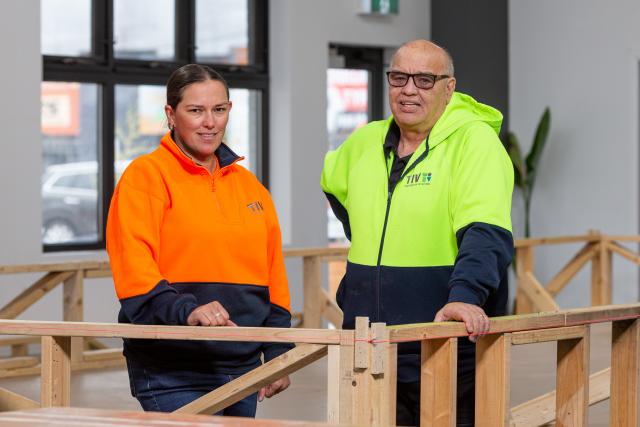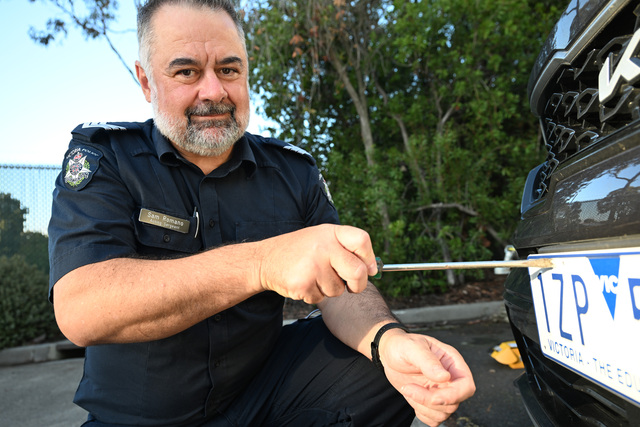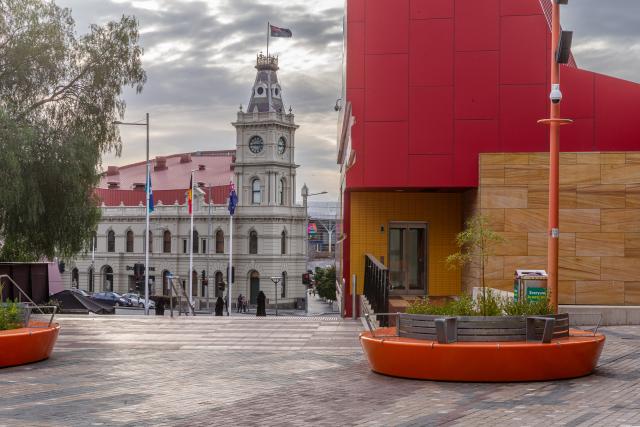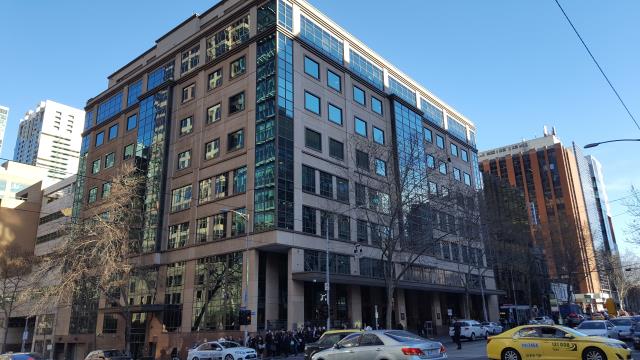Many female customers will be put at ease by having a choice of tradeswomen rather than only tradesmen.
City of Casey cultural and social equity officer Sadia Ali said as a practising Muslim she finds more value and trust to have female tradie in her house.
“We have called a handyman for various reasons, be it broken hot water system, fixing pantries or cabinets or changing shower heads.
“We have household or personal items that as women practising certain beliefs can be quite private to us and it may not be comfortable if visible to a complete stranger.”
Trades Institute of Victoria apprentice Carly has put behind her 20 years in IT to pursue her passion, building and construction, something that wouldn’t have been available to her decades ago.
She’s part of the 2 per cent of women in trades roles in the construction industry.
She believes there are certain female customer needs and plans to target that niche.
Carly plans to establish her own building company upon completion of her studies with Trades Institute of Victoria (TIV) and further work experience.
“I’ve definitely thought about when I start my own company that women would feel more comfortable to have female carpenters come into their house.”
Her friends both agree and support her upon discussion on the topic.
“Ultimately if I do have my building company I’d like to employ mostly female tradies and to operate in that niche where people are comfortable for women to operate in their house,” she said.
Ms Ali said boundaries are created around women from a very young age and as a result directed them to careers in childcare, education, aged care and administrative works.
“I always encourage women to think outside of the box of becoming a handywomen, to become women behind wheels, join construction sites, electrician or mechanical services providers,” Ms Ali said.
“A proportionate balance of gender in various professional institutions is required which will benefit our society holistically.”








